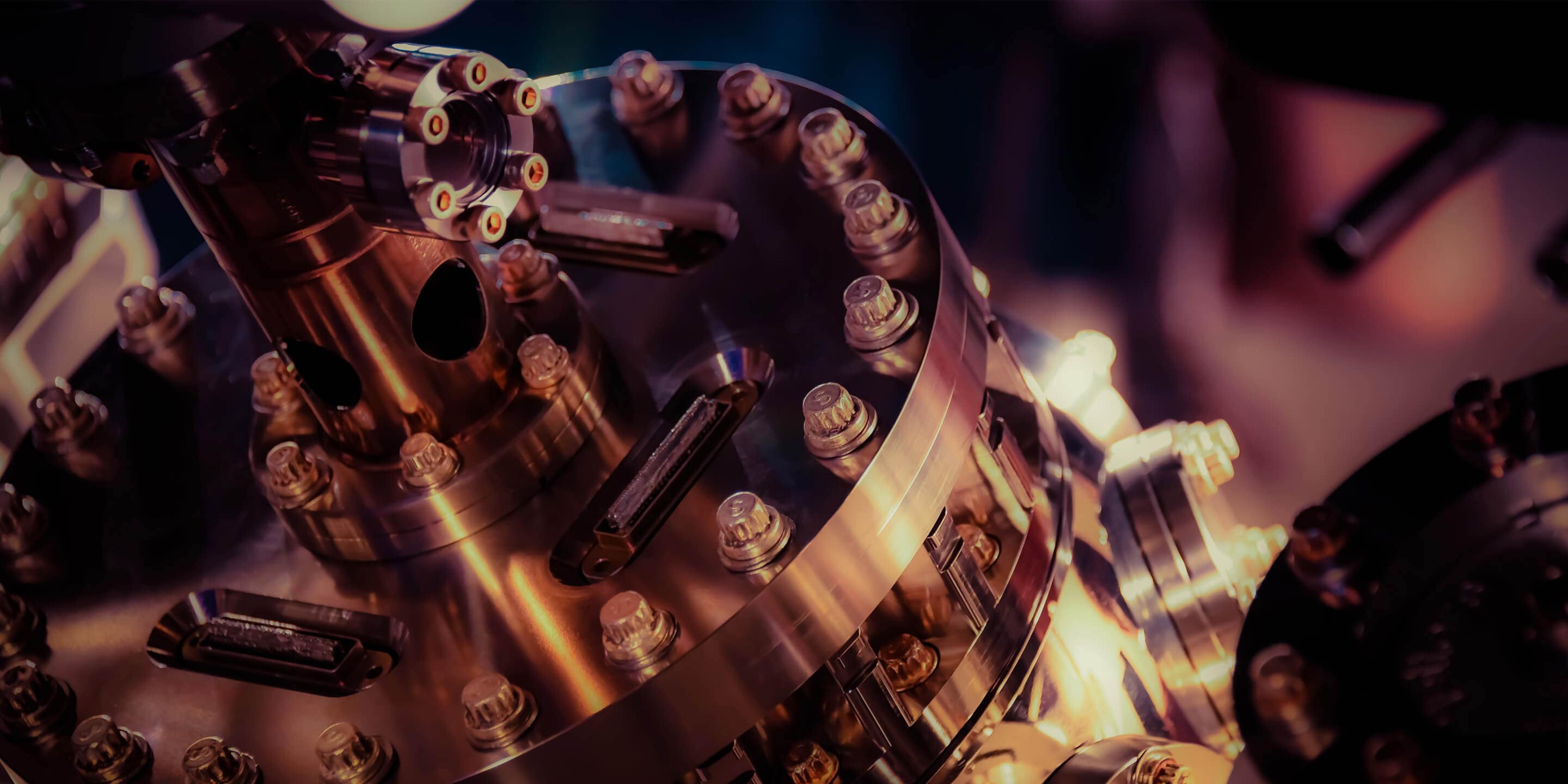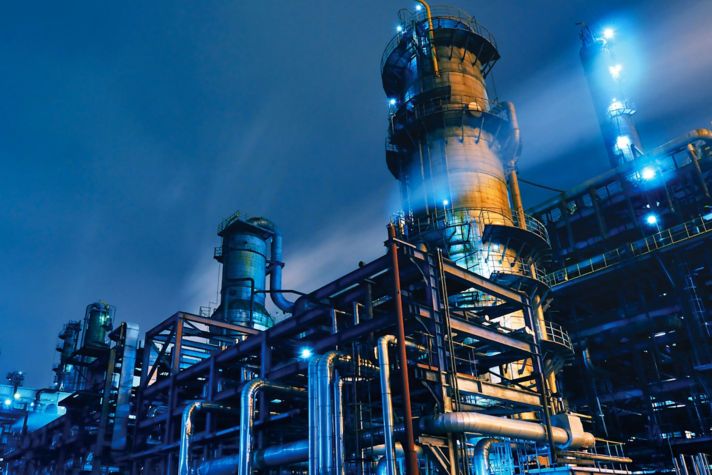U bladert door de productcatalogus voor
You are viewing the overview and resources for
- Nieuws
- Hoe we in de toekomst op aarde zullen leven
Hoe we in de toekomst op aarde zullen leven
Laten we vooruitblikken en kijken wat de toekomst biedt in de grote sectoren.
De manier waarop we leven, werken en reizen zal in de toekomst grote veranderingen ondergaan.
Maar dankzij data, automatisering en software zal de manier waarop we omgaan met onze planeet slimmer en efficiënter zijn.
Dit zal er veranderen:
We zullen meer afhankelijk zijn van hernieuwbare energie en batterijen
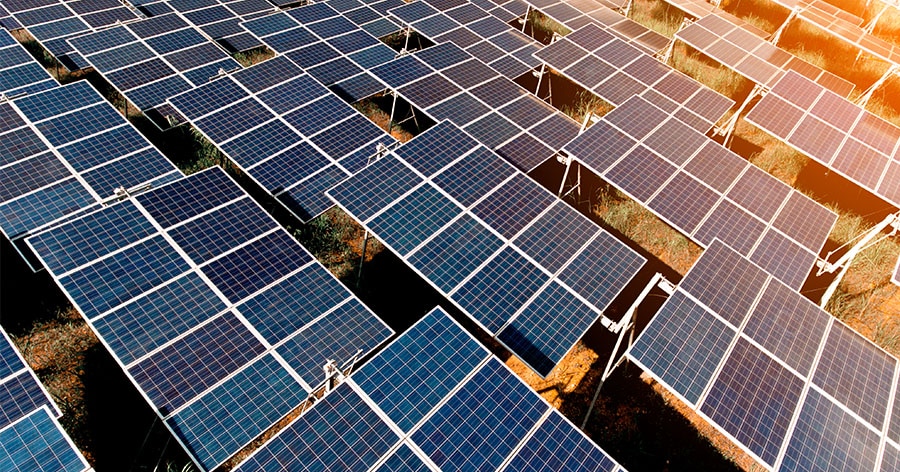
Wat er gaat veranderen: Het energieverbruik zal verschuiven naar wind- en zonne-energie naarmate die bronnen voordeliger worden.
Wat het betekent: De energieopslagindustrie – commerciële batterijen – zal snel groeien om stroom op te slaan die uit deze hernieuwbare bronnen wordt gewonnen. Windturbines kunnen bijvoorbeeld alleen stroom produceren als het winderig weer is en op dezelfde manier werken zonnepanelen op zonlicht om stroom op te wekken. Batterijen moeten die energie opslaan zodat klanten nog steeds het licht kunnen aan doen en niet worden gestoord door het weer. "Energieopslag maakt hernieuwbare bronnen betrouwbaar en beschikbaar op aanvraag", zegt Roopa Shortt, directeur bedrijfsontwikkeling bij Honeywell, die zich richt op markttrends en technologische innovaties om aan nieuwe energiebehoeften te voldoen.
Homes and offices will become power stations
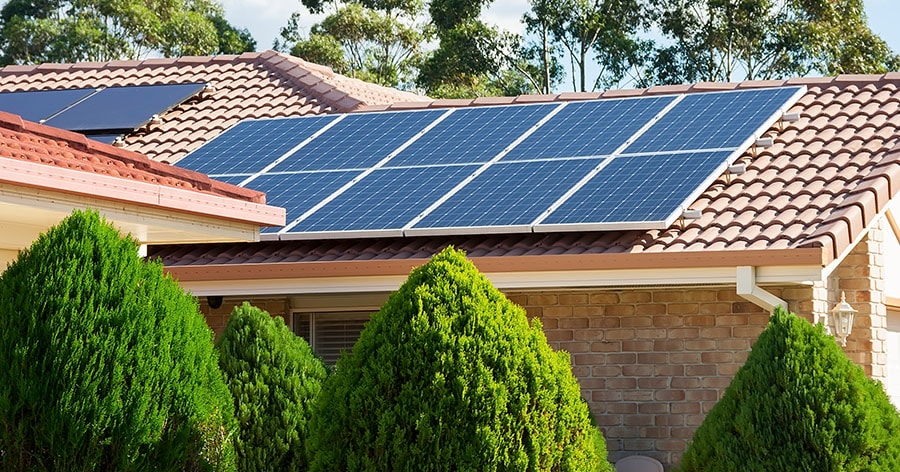
What will change: Buildings will generate their own power using renewable sources. That local power generation will provide electricity to neighboring buildings and contribute to the power grid.
What it means: Buildings will be net-zero, producing as much energy as they consume. They will have a variety of local power generation capacity and energy storage. For example, they will have wind turbines on roofs, photovoltaic facades, bio-generators, traditional fuel generators and house storage options such as batteries. Software will optimize power sources based on how users want to optimize energy usage at various times during the day. “Smart buildings will be autonomous and self-optimizing, enabling them to be independent yet valuable contributors to their neighboring smart city infrastructure,” said Deb Learoyd, a director of offering management at Honeywell, who has more than two decades of experience with connected buildings.
We will travel in electric air taxis
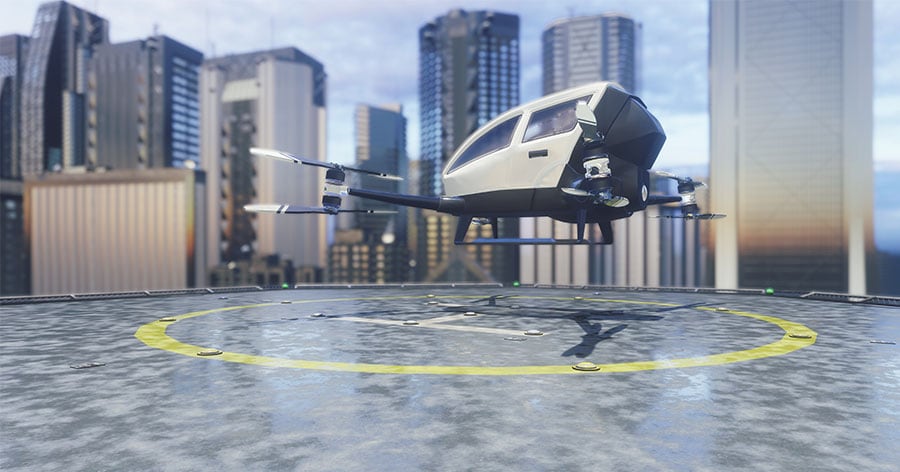
What will change: With more than 150 companies furiously working on urban air mobility (UAM) vehicles, the coming years will see a flurry of new electrically powered air taxi concepts. Eventually, they will be able to fly without a pilot.
What it means: Urban air mobility describes a new system of air travel using electric, vertical takeoff aircraft to fly across metropolitan areas. Venture capital is flowing into the sector, and some of the leading companies are already working on their third or fourth iterations of prototype vehicles. Most companies plan to eventually fly these aircraft autonomously, eliminating the weight and expense of a pilot. The rest of the aerospace industry is retooling for this new era. A survey commissioned by Honeywell suggests that a third of companies in the avionics industry alone are developing UAM products, with more than half of those already in flight testing.
Buildings will only use energy when necessary

What will change: Buildings will respond to the emotional and rational needs of the people who occupy them. That means energy will only be consumed when they’re occupied, optimizing efficiency.
What it means: Multiple sensors will leverage machine learning and artificial intelligence to provide smart and intuitive spaces. Buildings will learn from their own performance and maintenance histories so that they continuously optimize based on experience. All systems will be connected to create a data lake to facilitate continual learning – lighting, elevators, fire protection and security systems. “A human-centric approach to designing, experiencing and managing a building will make buildings futuristic and anticipate human needs,” said Manish Sharma, chief technology officer of our building technologies business.
Copyright © 2026 Honeywell International Inc.

